India’s Maritime Strategy
Wed, 25 Aug 2021 | Reading Time: 3 minutes
Strong nations have strong navy. This was true in 17th century and the changing dynamics have yet again proven it to be true. Powerful nations are ready for explorations and this is when they decide to measure the oceans and establish relations with other countries.
Recently India chaired the UNSC debate on maritime security and highlighted the key issues that need to be worked on. The word maritime security is not just subjected to policing the oceans. It has much broader meaning. It includes marine pollution, piracy, terrorism, smuggling, disaster relief and illegal fishing. India was successful in drawing the attention of the leaders of powerful nations present there.
Concept of measuring the waves is not new to the nation. It dates back to around 3000 BC when the port of Lothal was established to develop trade relations with other countries. India was not at all interested in using the sea for expansion. This was what Britishers used it for and even before them Portuguese did and established trade relations with India. Then governor of Portugal in India, Francis de Almeida, initiated the Blue water policy in which he emphasized on building strong navy rather than forts and palaces. This was mainly because of the geo strategic location of Indian peninsula. So what made a trade oriented nation like India rethink it’s maritime policy. What really changed ?
Well to start off with India is now the part of a strategic global alliance which goes by the name QUAD and it is very important for the nation to play the diplomatic game. Policies need to be drawn in direction which justifies it’s presence in the region. Second comes the long peninsular coastline of India. Nation has a coastline of 7516.6 km and around 13 states and union territories are bordering the sea. It is really important to serve the security of the nation and eliminate the emerging threats in the sea. Third is the trade. Looking at the Indian ocean region for instance , 38 countries are involved in it, it covers 44% of earth’s surface 62% of global GDP and more than 50% of global trade and it is a great opportunity of India to become an important part of global supply chain. Fourth comes the Chinese factor. China has been practicing illiberal policies of expansion and converting the oceans into new battlegrounds. It has been constantly trying to dominate the area and disrupt the balance of power in the region. This has compelled many nations in the region to draw marine borders. So in this grave situation India has to get involved and play the game on the front foot.
And India has been tackling this not by blatant aggression but through diplomacy. In the debate India emphasized the UNCLOS and invited more countries to ratify it. Ideas of freedom of navigation, freedom of trade , freedom of flights and innocent passage were put on the table. Among the countries hearing this were USA, Vietnam and Russia. The former two have been vocal critic of China and will help in countering it’s policies in South China Sea and Indian ocean but the latter has become a tricky partner from a strategic one. Russian has not shown any major interest in the region and has been nurturing relations with China. It has also been very careful in using the word Indo-pacific and prefers Asia-pacific. It’s going to be hard time for India to develop Russian interest in the region but dialogue will be the key to persuasion.
Nation should also focus on convincing US to sign UNCLOS and live up to it’s demand of free navigation. India’s S.A.G.A.R initiative has also been directed to promote inclusive growth in the region. Indian Navy undertook some operations providing the essentials to the needy nations. India’s maritime security has a more holistic view and it is not just about arm wrestling China and PM’s speech at UNSC justified it. It has the capability to attract more countries and promote the idea of free and inclusive Indo- pacific.
Disclaimer
The opinions expressed in this article are the author’s own and do not reflect the views of Chanakya Forum. All information provided in this article including timeliness, completeness, accuracy, suitability or validity of information referenced therein, is the sole responsibility of the author. www.chanakyaforum.com does not assume any responsibility for the same.
Chanakya Forum is now on . Click here to join our channel (@ChanakyaForum) and stay updated with the latest headlines and articles.
Important
We work round the clock to bring you the finest articles and updates from around the world. There is a team that works tirelessly to ensure that you have a seamless reading experience. But all this costs money. Please support us so that we keep doing what we do best. Happy Reading
Support Us




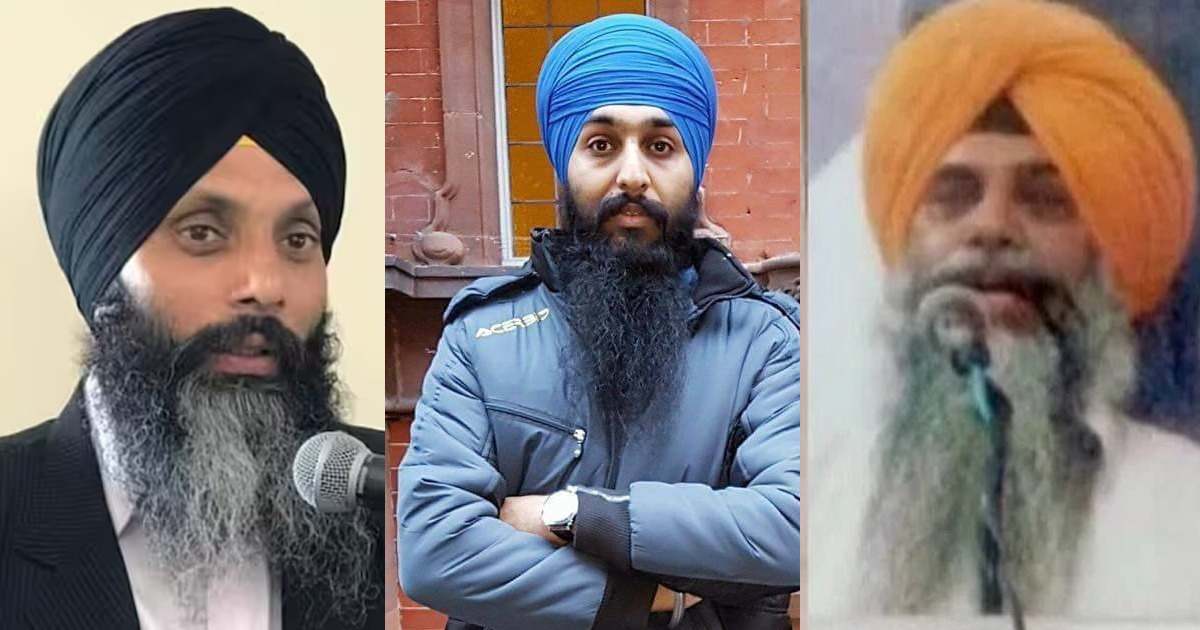
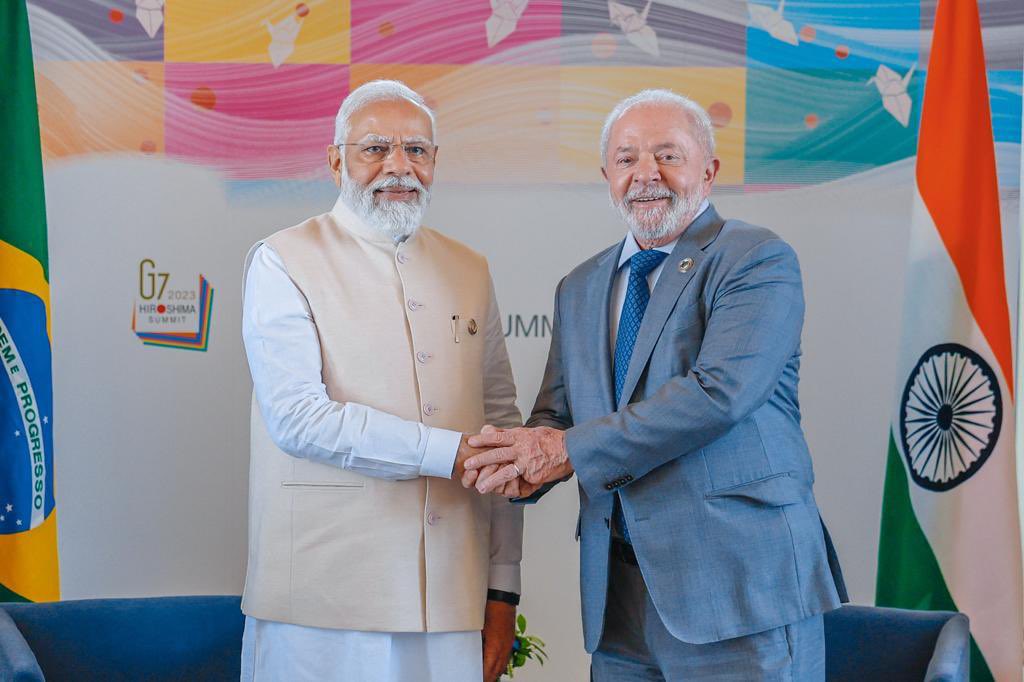

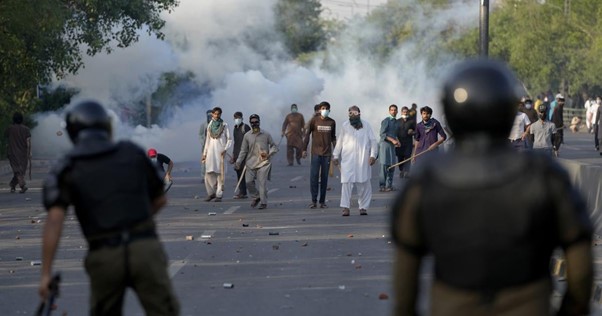

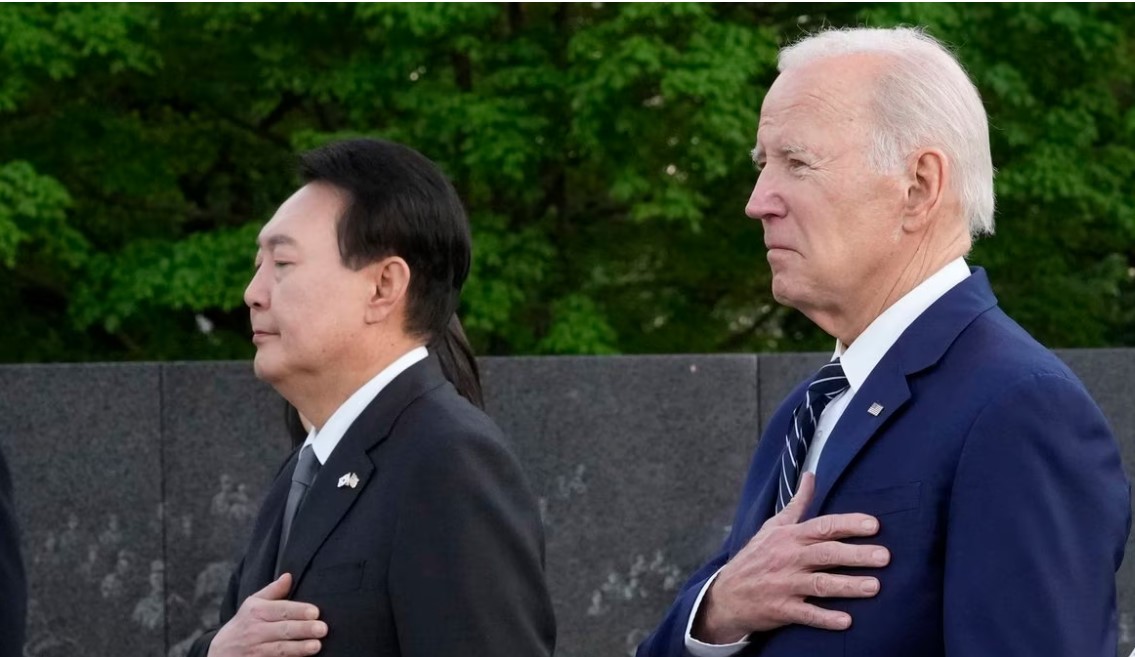

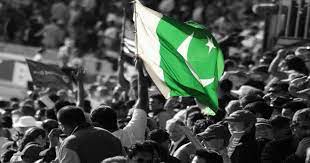
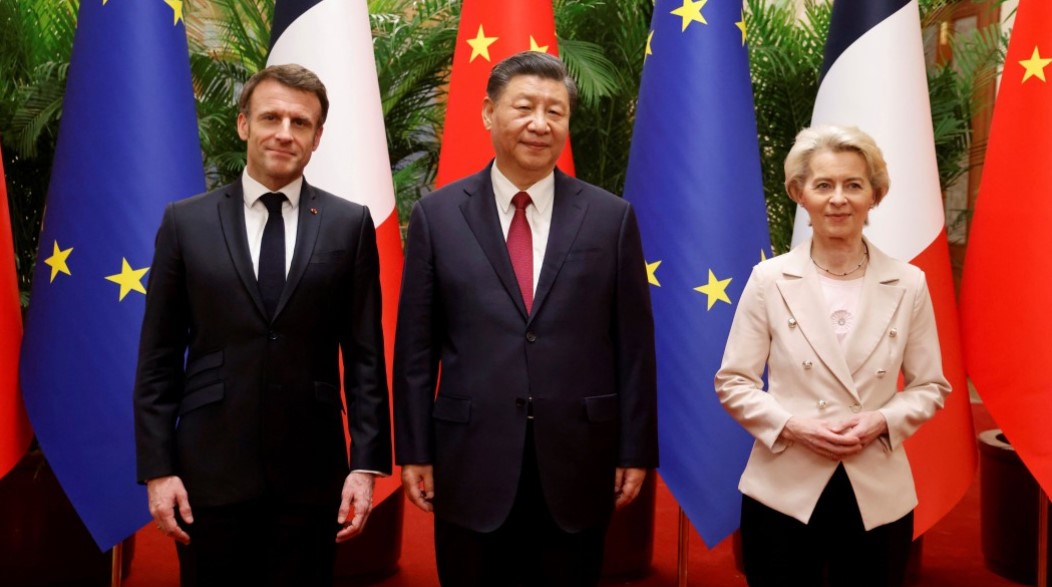







POST COMMENTS (1)
Chetan Verma